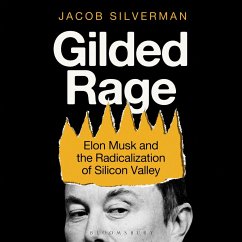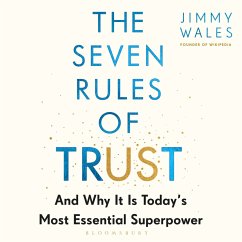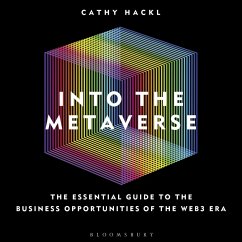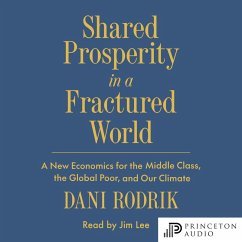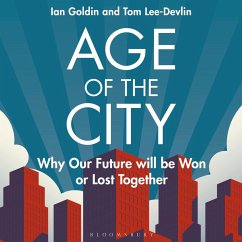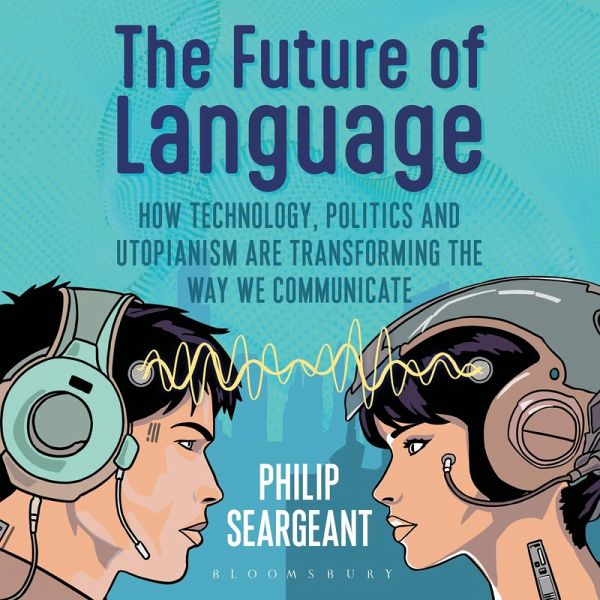
The Future of Language (MP3-Download)
How Technology, Politics and Utopianism are Transforming the Way we Communicate Ungekürzte Lesung. 450 Min.
Sprecher: Alladi, Esh
Sofort per Download lieferbar
14,99 €
inkl. MwSt.
Weitere Ausgaben:

PAYBACK Punkte
7 °P sammeln!
Bloomsbury presents The Future of Language by Philip Seargeant, read by Esh Alladi. Will language as we know it cease to exist?What could this mean for the way we live our lives? Shining a light on the technology currently being developed to revolutionise communication, The Future of Language distinguishes myth from reality and superstition from scientifically-based prediction as it plots out the importance of language and raises questions about its future. From the rise of artificial intelligence and speaking robots, to brain implants and computer-facilitated telepathy, language and communica...
Bloomsbury presents The Future of Language by Philip Seargeant, read by Esh Alladi. Will language as we know it cease to exist?What could this mean for the way we live our lives? Shining a light on the technology currently being developed to revolutionise communication, The Future of Language distinguishes myth from reality and superstition from scientifically-based prediction as it plots out the importance of language and raises questions about its future. From the rise of artificial intelligence and speaking robots, to brain implants and computer-facilitated telepathy, language and communications expert Philip Seargeant surveys the development of new digital 'languages', such as emojis, animated gifs and memes, and investigates how conventions of spoken and written language are being modified by new trends in communication. From George Orwell's fictional predictions in Nineteen Eighty-Four to the very real warnings of climate activist Greta Thunberg, Seargeant explores language through time, traversing politics, religion, philosophy, literature, and of course technology, in the process. Tracing how previous eras have imagined the future of language, from the Bible to the works H. G. Wells, and from Star Wars to Star Trek, the book reveals how perfecting language and communication has always been a vital component of utopian dreams of the future. Questioning the potential ramifications of recent and future developments in communication on society and its ideals, The Future of Language is a no holds barred investigation into the state of civilisation and the impact that changes in language could have on our lives.




